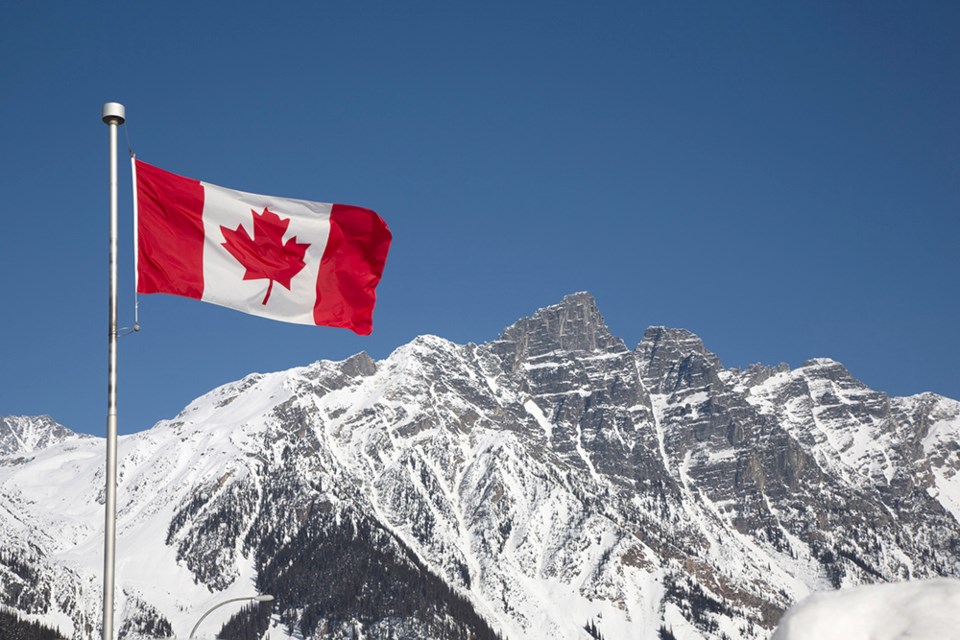Now is the time for a regroup, a refresh.
The fight over the removal of the vaccine mandates is just one battle, not the war.
The war is that the mandates were and are unconstitutional.
They must be found to have been unconstitutional, that they have all violated the Canadian Charter of Rights and Freedoms. Otherwise, our democracy is diminished – we will not be fully free as a nation of individuals.
We have perhaps 20 or 30 judges who will decide – judges of the courts of appeal of the provinces, the Federal Court and the Supreme Court of Canada.
For those who may have forgotten and those new to the cause, let’s review.
Written constitutional entrenchment of individual rights and freedoms was late coming to Canada – not until they appeared in the Constitution Act of 1982. The act was authorized by the Patriation Agreement of 1981 after 17 months of talks – 114 years after the nation was founded. In the United States, the time between the country’s founding and an entrenched bill of rights was 15 years.
Pierre Trudeau, prime minister of Canada in 1981, broke off talks and tried to unilaterally patriate the Constitution and add his version of a Charter of Rights and Freedoms. Eight provinces opposed this move and took the federal government to court. In September 1981, the Supreme Court ruled that what the prime minister and his government were trying to do was unconstitutional. Any such changes, the court said, must involve the provinces.
Here’s what the court said: “We have reached the conclusion that the agreement of the provinces of Canada, no views being expressed as to its quantification, is constitutionally required for the passing of the ‘Proposed Resolution for a Joint Address to Her Majesty the Queen respecting the Constitution of Canada’ and that the passing of this Resolution without such agreement would be unconstitutional in the conventional sense.”
A last-ditch effort was made in early November 1981 to accomplish patriation, a charter and other changes (Indigenous rights, equalization, etc.).
On Nov. 5, a deal was struck based on a Newfoundland proposal presented the night before to some provinces. Nine provinces and the federal government agreed. Only Quebec did not sign.
Today, and for two years, governments in Canada have been implementing policies that violate the provisions of the Charter related to individual rights and freedoms, particularly Sections 2, 6, 7 and 15.
These involve freedoms of assembly, association, religion, conscience, expression and the press. They involve the right to travel throughout Canada and leave Canada, the right to a livelihood, rights of life, liberty and security of the person and equality before the law.
Those are rather precious rights, one would think.
Governments have attempted to ignore or, in some cases, give passing notice to the Charter in their policies, even though their policies are subject to the Charter. The audacity is astounding.
And in other cases, they try to invoke Section 1 of the Charter as their saviour.
But Section 1 was intended to be used only in times of war, insurrection and perils to the state. The past two years of manufactured emergencies hardly apply.
Just a few sections below Section 1, Section 4(2) states: “In time of real or apprehended war, invasion or insurrection, a House of Commons may be continued by Parliament and a legislative assembly may be continued by the legislature beyond five years if such continuation is not opposed by the votes of more than one-third of the members of the House of Commons or the legislative assembly, as the case may be.”
This clearly shows how we were thinking at the time. Does one think those of us who were drafting this would not treat removing individual freedoms and rights under the same circumstances as extending the life of a Parliament?
And even for argument’s sake, if Section 1 did apply, the four tests in that section haven’t been met by the governments, so Section 1 could apply – especially the tests of “demonstrably justify,” and “free and democratic society.”
No Canadian government has demonstrably justified any of its mandates, let alone conducted them within the values and practices of a free and democratic society. The former would involve an objective cost-benefit analysis and the latter a continuing involvement of Parliament and/or the people.
All of this is most shocking when one considers Section 52 of the Constitution Act 1982, which says: “The Constitution of Canada is the supreme law of Canada, and any law that is inconsistent with the provisions of the Constitution is, to the extent of the inconsistency, of no force or effect.”
The beginning of the Charter also says: “Whereas Canada is founded upon principles that recognize the supremacy of God and the rule of law.”
Every Canadian of thinking age needs to become knowledgeable concerning our Constitution and realize that if we’re to keep it, we must defend it in every way we can within the law.
Brian Peckford is a former premier of Newfoundland and Labrador and the last living first minister who helped craft the Charter of Rights and Freedoms. This column was submitted by the .
©



